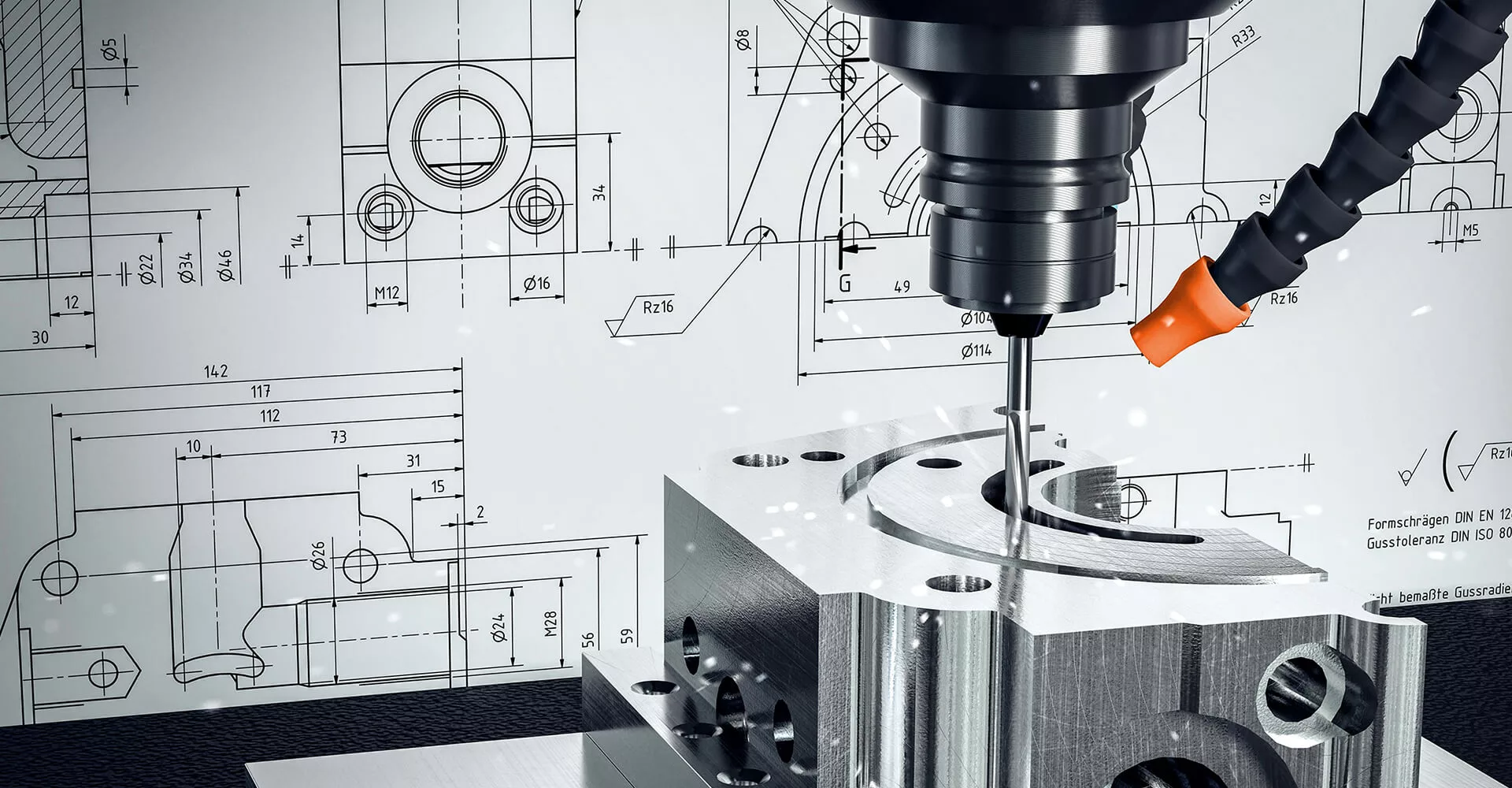The old adage “if you don’t go with the times, you will go with time” has rarely been truer than in the age of digitalization. It has long since ceased to be a question of whether quality processes will be digitalized. Rather, companies should ask themselves how they can support their quality management in the best possible way (and as quickly as possible) with the help of software. Companies must adapt themselves and their QM in order to survive in the growing market. This is true with regard to complex manufacturing processes or machines in which quality control is performed automatically, as well as with regard to more and more data provided by the subsequent use of the product.
In this context, it makes no sense to hold on to old, familiar measuring methods and tasks, but rather to inspect them in the context of the new possibilities, to supplement them, to develop them further, or even to replace them completely. The measuring controller on the one hand is long out of date. But beware: on the other hand, too much data can also cause the opposite of transparency. With a forward-looking view of the fifth arena of digitalization (namely the need to follow up data gain with insight and action), the quality manager can use a process-oriented approach to serve as a translator between what is technically possible and the needs of the line organization in order to jointly develop added value for all involved.





Comments
No comments